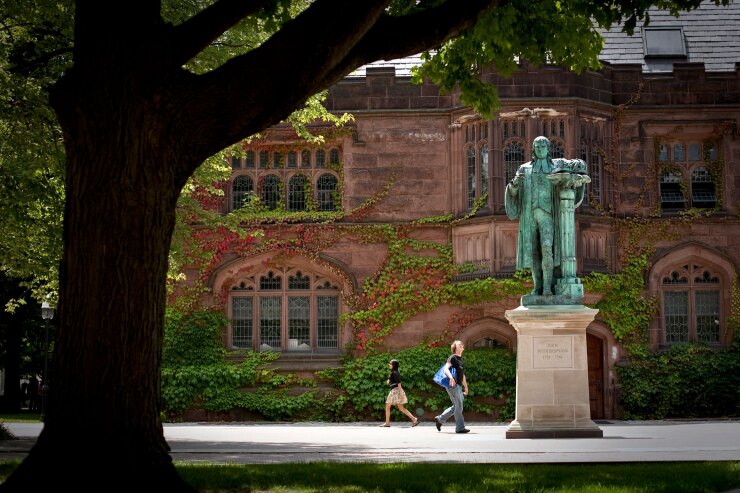The Internal Revenue Service proposed regulations Friday for the new 1.4 percent excise tax on the net investment income of certain private colleges and universities who are now facing taxes on their endowments under the Tax Cuts and Jobs Act.
The
The excise tax applies to any private college or university with at least 500 full-time tuition-paying students (more than half of whom are in the U.S.) and that has assets other than those used in its charitable activities worth at least $500,000 per student. An estimated 40 or fewer institutions are affected by the new tax rules, but they include some prestigious schools, including Ivy League institutions.
For the affected educational institutions, the IRS’s new guidance clarifies how the schools should determine net investment income, including how to include the net investment income of related organizations and how to determine a college or university’s basis in property.
The proposed regulations include the interim guidance provided last year in






